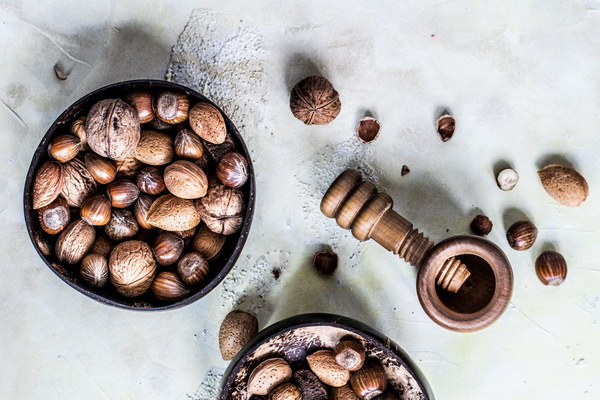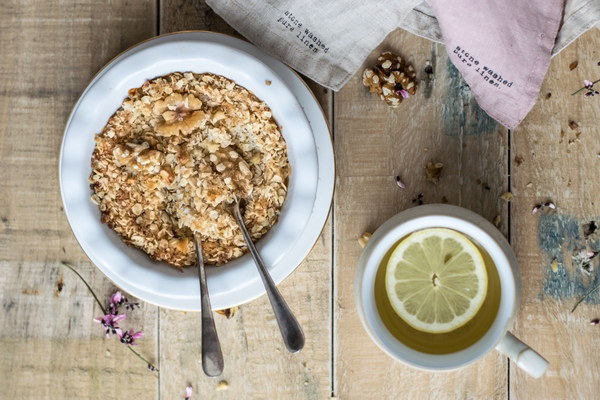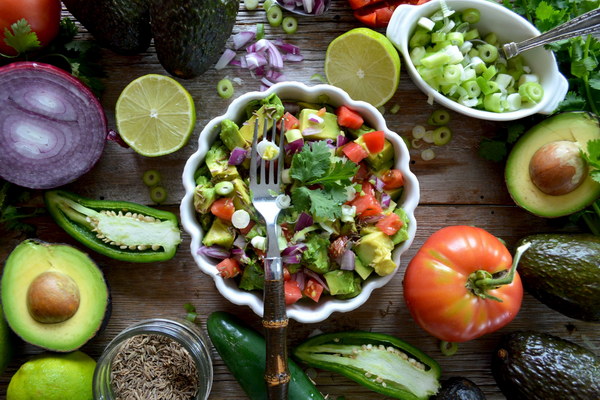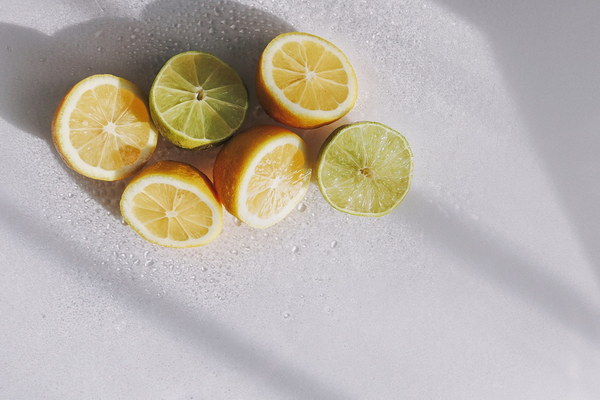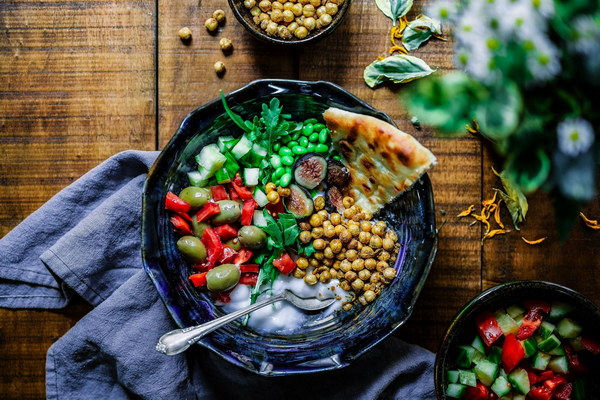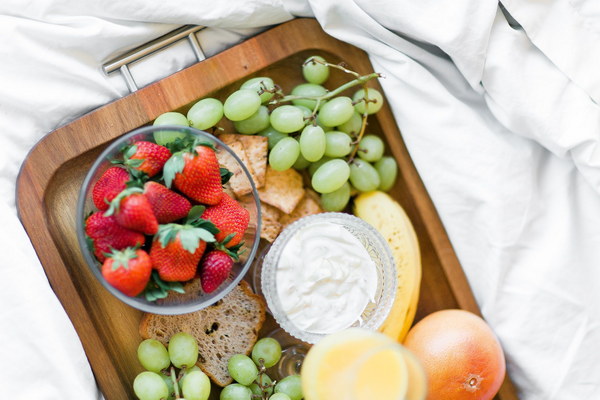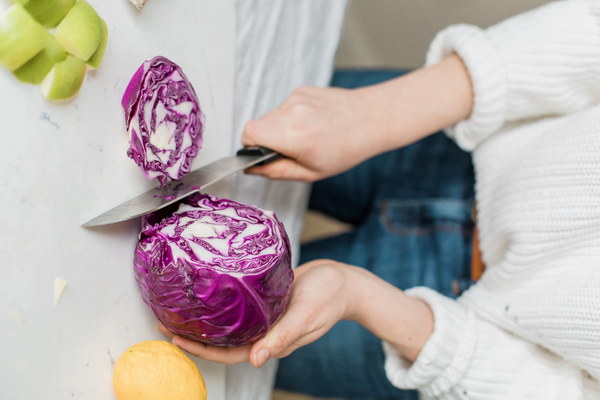Harmony for the Liver and Spleen A Holistic Approach to Moisture Removal and Wellness
In the realm of traditional Chinese medicine, the health of the liver and spleen is considered paramount to overall well-being. The liver, often referred to as the general of the body, is responsible for regulating emotions, metabolizing nutrients, and detoxifying the blood. The spleen, known as the storehouse of essence, is integral in transforming food into energy and maintaining the body's immune system. When these organs are imbalanced, symptoms such as fatigue, bloating, and mood swings can arise. This article delves into the concept of Jian Gan Pi Shu, or strengthening the liver and spleen to expel dampness, and how it can lead to a healthier, more vibrant life.
Understanding Jian Gan Pi Shu
The term dampness in Chinese medicine refers to an excess of fluid in the body, which can be caused by environmental factors such as humidity, overeating, or a weakened spleen. This dampness can impede the liver's functions, leading to a host of issues. The principle of Jian Gan Pi Shu is to restore balance to these organs by drying up excess dampness, thus promoting a healthier internal environment.
Practical Strategies for Jian Gan Pi Shu
1. Dietary Adjustments: A diet rich in nutrients and low in dampness-inducing foods is crucial. This includes avoiding excessive amounts of cold, raw, and heavy foods, such as dairy, sugar, and greasy foods. Instead, focus on warming, drying, and nourishing foods like ginger, garlic, onions, and lean proteins. Green leafy vegetables, such as spinach and kale, are also beneficial as they support liver function.

2. Herbal Remedies: Traditional Chinese herbal formulas are often used to address dampness. Ingredients such as cinnamon, atractylodes, and poria are commonly included in these formulas. It's important to consult with a qualified practitioner to determine the right blend for individual needs.
3. Acupuncture and Massage: Acupuncture points are selected to tonify the liver and spleen while expelling dampness. Massage therapy can also help stimulate circulation and alleviate stagnation, which can contribute to dampness.
4. Exercise: Regular physical activity is essential for maintaining a healthy liver and spleen. Moderate exercise, such as walking, tai chi, or yoga, can help improve circulation, enhance digestion, and reduce dampness.
5. Mental Health: Stress and emotional imbalances can affect liver and spleen function. Practices such as meditation, deep breathing exercises, and spending time in nature can help calm the mind and reduce stress.
Case Study: A Journey to Harmonization
Consider the case of Emily, a 35-year-old professional who had been struggling with chronic fatigue, bloating, and mood swings. After consulting with a Chinese medicine practitioner, she was diagnosed with dampness in her liver and spleen. Her practitioner recommended a combination of dietary changes, herbal supplements, acupuncture, and stress-reduction techniques.
Over the course of several months, Emily implemented these changes into her life. She started her day with a warm herbal tea, ate a balanced diet rich in liver-supporting foods, and engaged in regular exercise. Acupuncture sessions helped to alleviate her bloating, and stress-reduction practices improved her emotional well-being.
As the treatment progressed, Emily noticed significant improvements. Her energy levels increased, her bloating subsided, and her mood stabilized. She felt more balanced and vibrant than she had in years.
Conclusion
The concept of Jian Gan Pi Shu, or strengthening the liver and spleen to expel dampness, offers a holistic approach to wellness that can be tailored to individual needs. By addressing the root cause of imbalance, individuals can achieve a more harmonious state of health. Whether through dietary adjustments, herbal remedies, acupuncture, or mental health practices, the journey to a healthier liver and spleen can lead to a more energetic, balanced, and joyful life.
